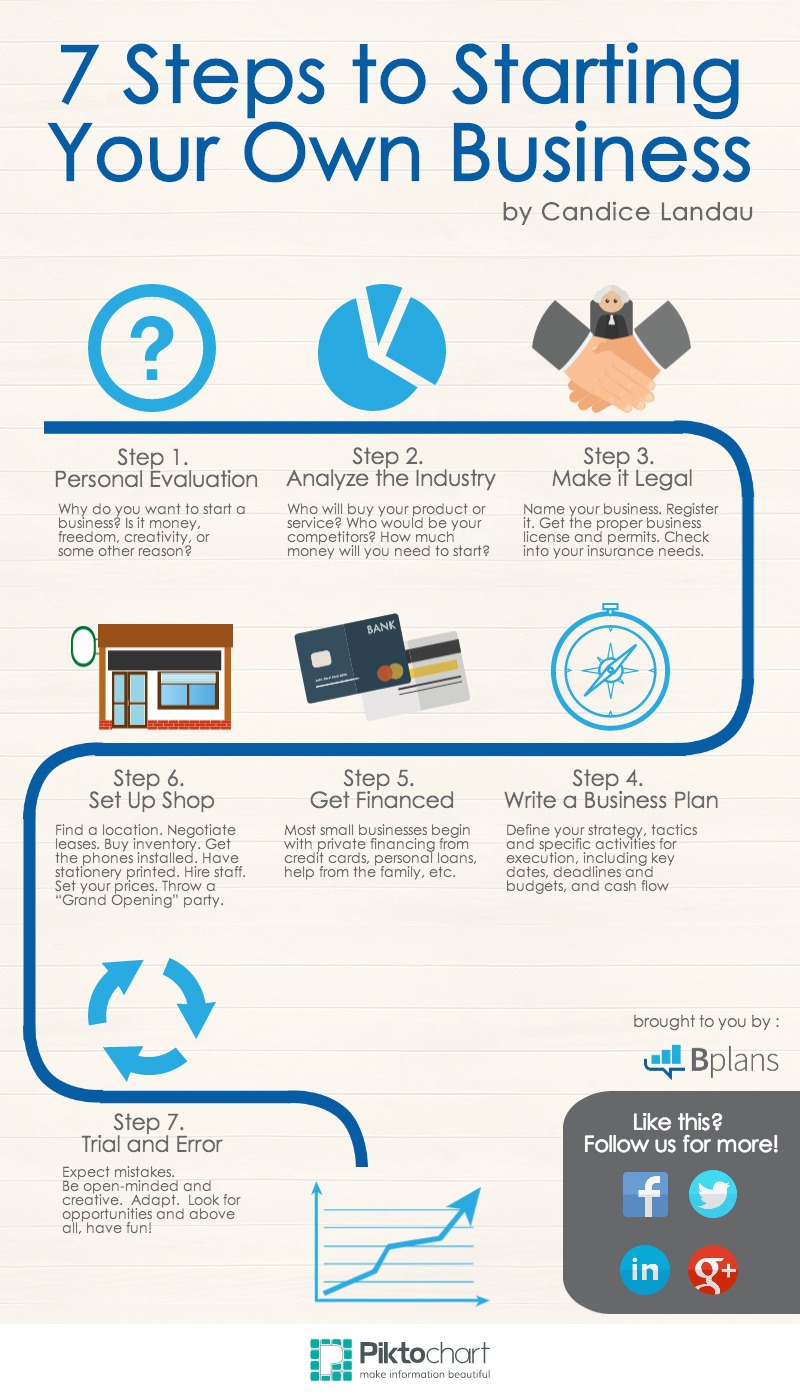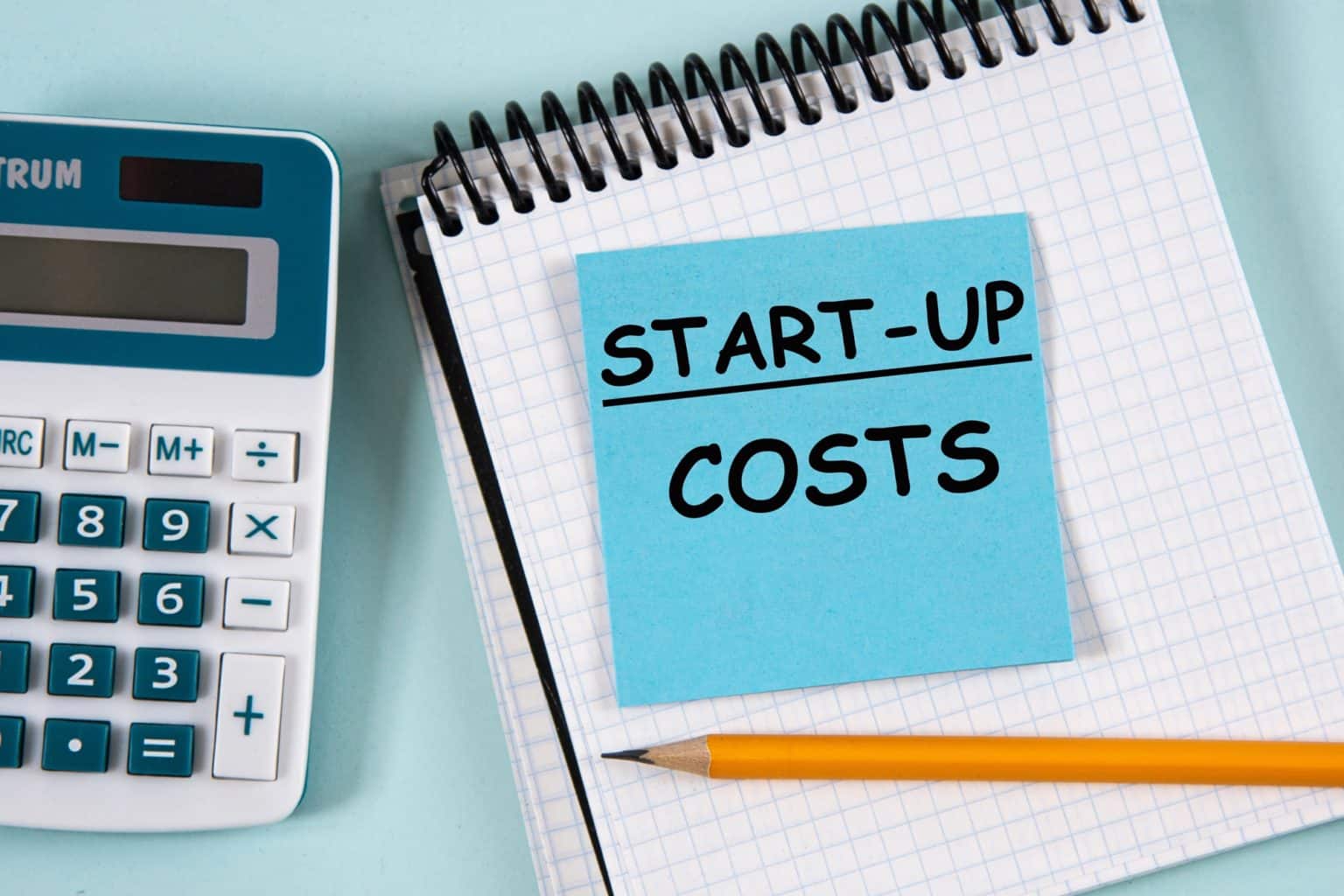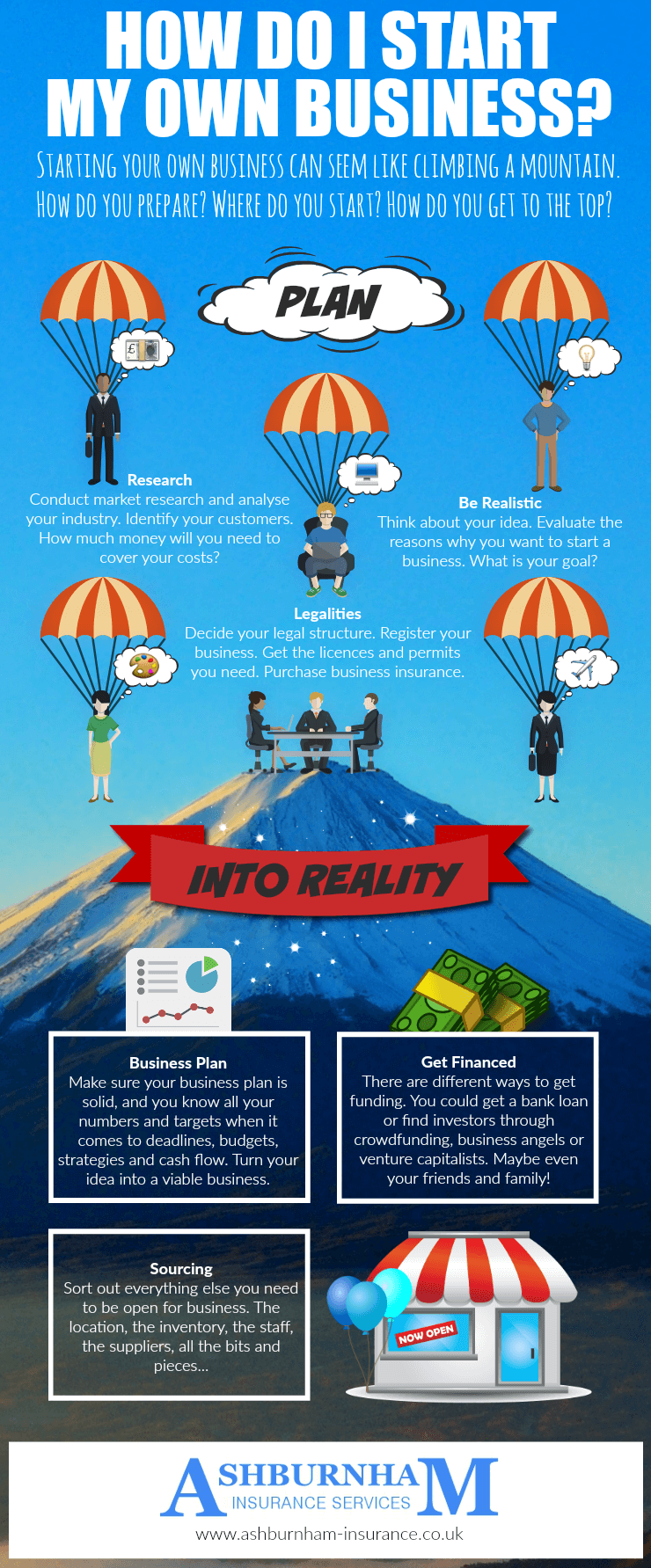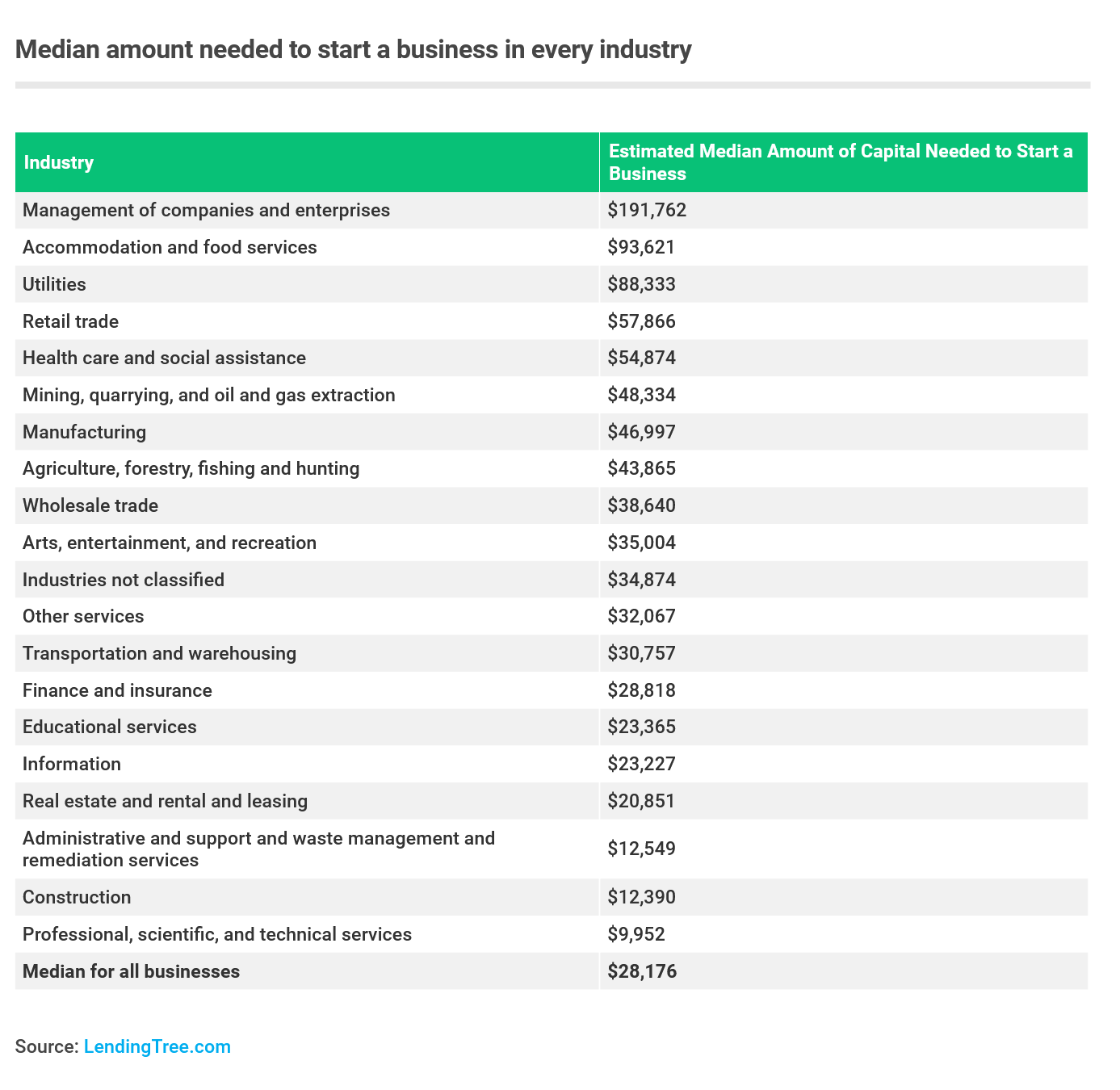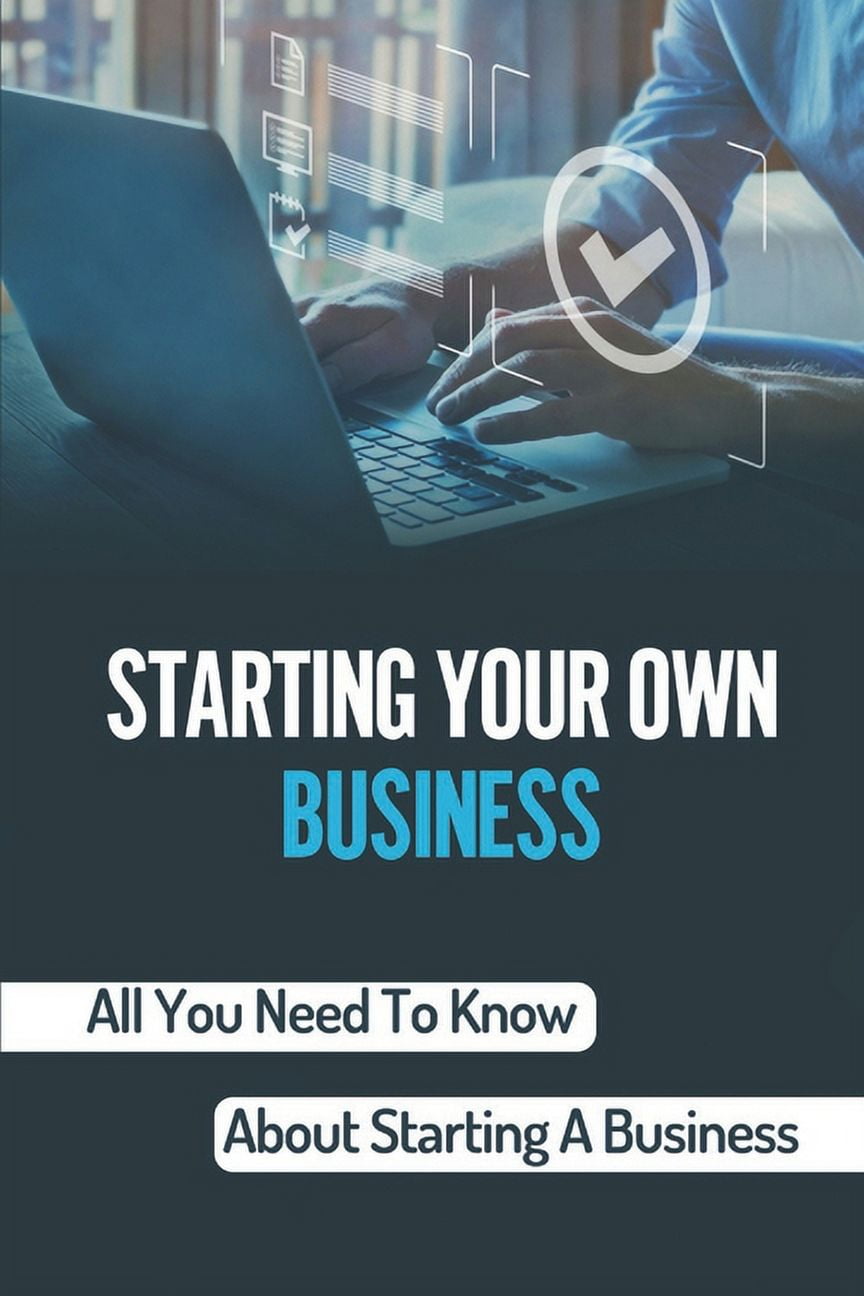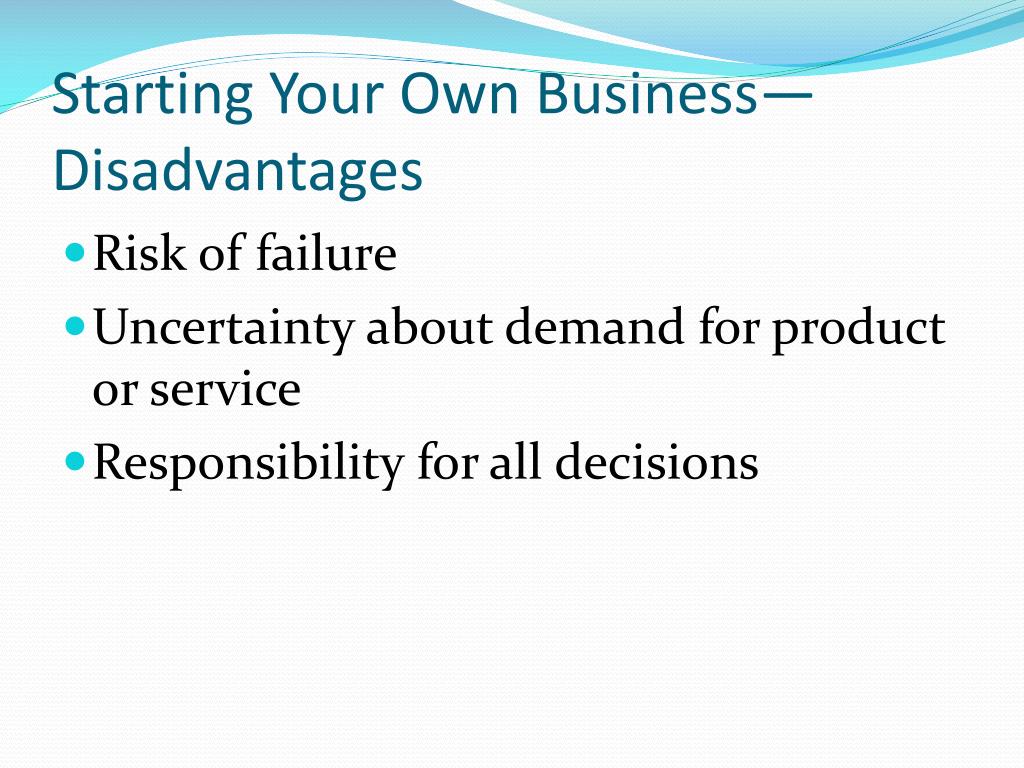What Does It Cost To Start Your Own Business
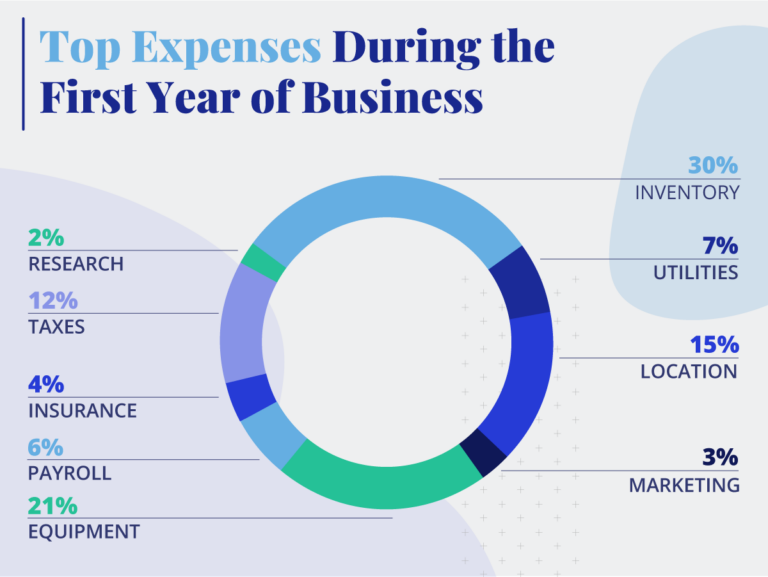
Imagine standing at the precipice, a vast landscape of opportunity stretching before you. The air crackles with the energy of possibility, the scent of fresh-baked success mingling with the earthy aroma of hard work. This is the vista that greets every aspiring entrepreneur, a promise whispered on the wind, "Start your own business." But what does it actually cost to embark on this exhilarating journey?
The price of admission to the entrepreneurial world isn't a fixed sum. It's a dynamic equation, shaped by industry, ambition, and a healthy dose of reality. This article delves into the multifaceted costs associated with launching a new business, providing a realistic glimpse into the financial landscape that awaits budding entrepreneurs.
Understanding the Startup Spectrum
The costs to start a business can vary wildly. Launching an online blog with minimal overhead may only require a few hundred dollars. In contrast, opening a brick-and-mortar restaurant could easily demand hundreds of thousands.
According to the Small Business Administration (SBA), the average startup cost can range from $3,000 to $3 million. This vast spectrum highlights the crucial need for careful planning and budgeting.
Key Cost Categories
Several crucial categories consistently contribute to the overall cost of launching a new venture.
Initial Investments: These encompass the fundamental building blocks of your business. These include items like equipment, inventory, and securing a workspace are included.
Operational Expenses: These are the recurring costs that keep the engine running, day after day. Rent, utilities, salaries, and marketing fall into this essential category.
Legal and Administrative Fees: Navigating the legal landscape and establishing your business structure incurs its own expenses. These include permits, licenses, and accounting services.
Marketing and Advertising: Spreading the word about your business requires strategic investment. Website development, social media campaigns, and traditional advertising all contribute to this area.
The Importance of a Detailed Business Plan
A comprehensive business plan is your roadmap to financial clarity. It forces you to meticulously assess your market, define your target audience, and project your revenue streams.
Without a well-defined plan, estimating startup costs becomes a guessing game. You can find free templates provided by organizations such as SCORE.
Funding Your Dream
Securing funding is a critical step for many aspiring entrepreneurs. Personal savings, loans from family and friends, and small business loans from banks are common avenues.
Government-backed loan programs, offered through the SBA, can provide access to capital with favorable terms for eligible businesses. Crowdfunding platforms have emerged as a popular alternative, allowing entrepreneurs to tap into a network of supporters.
Beyond the Monetary Cost
While financial investment is undeniably important, the true cost of starting a business extends beyond dollars and cents. Time, energy, and emotional resilience are indispensable assets.
Expect long hours, unexpected challenges, and moments of doubt. Building a successful business demands unwavering dedication and a willingness to learn from setbacks.
A Final Reflection
The journey of entrepreneurship is not for the faint of heart, but it is incredibly rewarding. While the financial investment can be significant, careful planning, resourcefulness, and a strong belief in your vision can pave the way for success. It’s about more than just the numbers; it's about the passion, the drive, and the unwavering commitment to bringing your dream to life.
